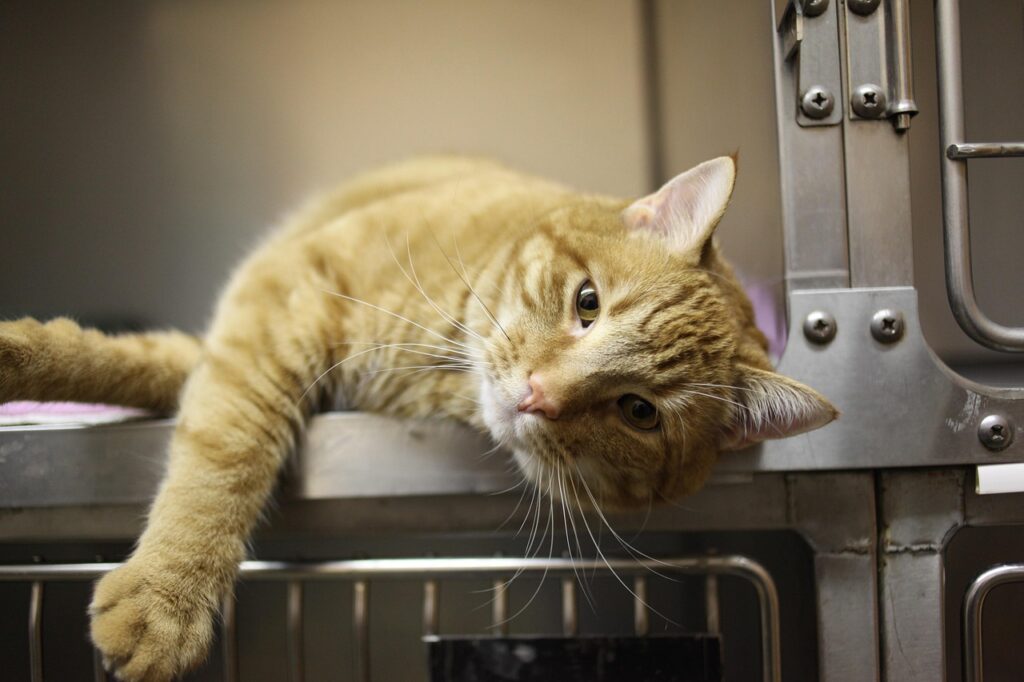
The unexpected death of a beloved pet under veterinary care is a deeply painful experience. This pain is compounded when suspicion arises that the veterinarian, entrusted with the animal’s care, may have contributed to its demise through negligence or a deliberate concealment of the truth. While veterinary malpractice is a serious issue, the deliberate withholding of information regarding a pet’s death following surgery represents a profound ethical breach and a betrayal of the trust inherent in the veterinarian-client relationship.
Pets are not just animals, they are cherished members of the family. The loss of a pet after surgery can be devastating, especially if the owner was led to believe that the procedure would resolve a medical issue or improve their pet’s quality of life. The immediate aftermath of a pet’s death post-surgery often involves shock and grief for the owner that can last a very long time. The lack of transparency prevents the owner from obtaining closure and can fuel feelings of anger, resentment, and distrust, potentially leading to long-term distress. Recent online forums and social media groups dedicated to pet loss highlight the prevalence of these experiences, demonstrating a significant need for increased accountability within the veterinary profession.
The reasons behind this concealment are multifaceted. Fear of legal repercussions and reputational damage are significant motivators. Veterinarians, like other medical professionals, could be susceptible to litigation following adverse outcomes. Acknowledging a mistake, even an unintentional one, can be perceived as an admission of guilt, potentially leading to expensive lawsuits and damage to their professional standing. This fear, however, should not supersede the ethical imperative to be honest and transparent with grieving clients.
The consequences of this lack of transparency are far-reaching. Beyond the intense emotional distress experienced by the pet owner, the concealment of medical errors prevents opportunities for learning and improvement within the veterinary profession. Without open discussion of mistakes, valuable lessons about surgical techniques, anesthesia protocols, and post-operative care are lost. The systematic avoidance of accountability perpetuates a culture of silence, ultimately hindering the advancement of veterinary medicine and potentially jeopardizing the lives of future animals.
Veterinarians have an obligation to uphold a code of ethics that emphasizes the welfare of animals and the need for transparent communication. The consequences of a veterinarian’s failure to communicate the truth can be far-reaching. Pet owners may feel isolated in their mourning, believing they lacked agency in safeguarding their pet’s life. Furthermore, such incidents can deter individuals from seeking veterinary care in the future, fearing they may not receive the honest assessment their pets deserve. The veterinary profession thrives on trust and mutual respect; when this is compromised, it undermines the entire practice.
Ultimately, the ethical responsibility of a veterinarian extends beyond merely providing medical care. It encompasses honesty, transparency, and empathy in all interactions with clients, especially during times of profound loss. When a veterinarian chooses to conceal the truth surrounding a pet’s death after surgery, they not only inflict further pain on the already grieving owner but also undermine the integrity of the veterinary profession as a whole. Greater emphasis must be placed on fostering a culture of open communication and accountability within the field, ensuring that clients are treated with respect, honesty, and compassion. This requires both individual commitment from veterinarians and systemic changes within the veterinary community to prioritize transparency and ethical practice over the avoidance of potential consequences.